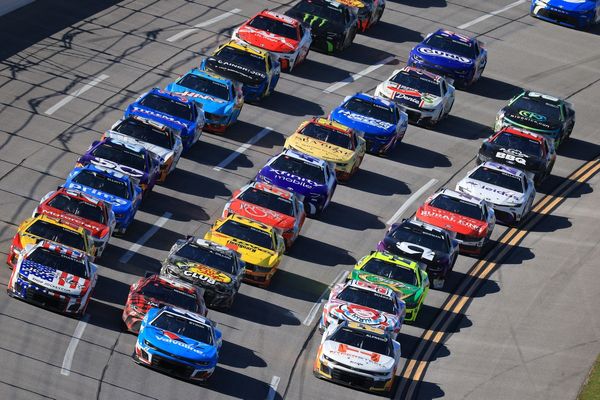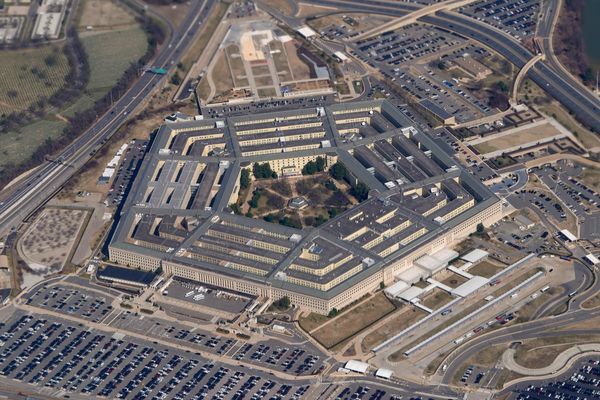
National Highways workers belonging to the Public and Commercial Services union (PCS), Britain’s biggest civil service union, are the latest to go on strike this December, with staff based in London and south east England hitting the picket lines on Thursday.
The demonstration will involve around 125 on-road traffic officers and regional operating centre operatives downing tools out of 1,500 frontline staff, according to National Highways, which has moved to reassure the public it has “robust and well-rehearsed measures” in place to deal with any problems that might arise.
With staff based at depots in Godstone, Guildford and Winchester all walking out, the M25 is expected to be affected, as well as the M20 heading towards Folkestone, the M4 towards Reading and the M40 towards Oxford.
“We’ve reviewed the impact that the PCS strikes may have and are confident our well-rehearsed resilience plans mean we can continue to manage and operate our network safely,” said Duncan Smith, National Highways’ executive director of operations.
“Millions of people rely on our roads and there is a possibility that they may be busier than usual on strike days, particularly when they correspond with industrial action on other transport modes.
“We’d urge drivers to take extra care during the cold weather and in the run-up to Christmas, when our network is always busier.”
Thursday’s strike runs until Christmas Day and follows similar industrial action undertaken in protest at wage stagnation by National Highways staff – who plan, design, build, operate and maintain UK roads – in Yorkshire and Humber and north west and north east England and will be followed by further regional walkouts over the new year and into early January 2023.
"Our members, who are affected by the cost of living crisis like everyone else, work hard every day keeping our roads safe,” said Mark Serwotka, PCS general secretary.
“The government is putting travellers’ lives at risk by refusing to negotiate with us. Rishi Sunak could end this dispute today by putting some money on the table.
“We’re aware our action is likely to inconvenience travellers but, even as we escalate it ahead of Christmas, we remind people this dispute could be resolved today if the government puts more money on the table.
“Our members are telling us they have to cut back their spending at Christmas time because they are running out of money.
“They have been offered a below-inflation pay award, at a time when inflation is higher than 10 per cent.”
While National Highways’ may be confident it can handle the “minimal” added pressure caused by the walkouts, it is no secret that the big Christmas getaway is about to get started, with Friday and Saturday accounting for 40 per cent of seasonal travel or 7.9m journeys, according to the RAC, a situation further complicated by the RMT’s latest round of rail strikes commencing on Christmas Eve.
The AA warned the PCS strike would place “more pressure on ‘smart’ motorway safety systems and those who check it” and said it hoped that “adequate resources are in place to spot drivers in vulnerable situations and to take positive actions”.
Also expressing some concern was RAC Foundation director Steve Gooding, who said: “Traffic officers are often the first responders when something goes wrong on England’s most important and busiest roads.
“It is the traffic officers’ prompt action that often averts more serious problems and the associated traffic delays, so their presence will be sorely missed over the festive season when no one wants to be stuck in a motorway hold-up despite the predicted holiday rush.
“Without the traffic officer service on hand, relatively minor problems could quickly escalate.”
Paul Biggs of the Alliance of British Drivers told The Daily Telegraph: “You might be better off taking the back roads because if you’re on a motorway, you’re stuck aren’t you?
“If something happens on a motorway, you can’t get off unless you get to a junction. If you’re on an A road or a B road, you can actually divert and take a different route.
“It might be longer and a bit slower, but it’s something.”







